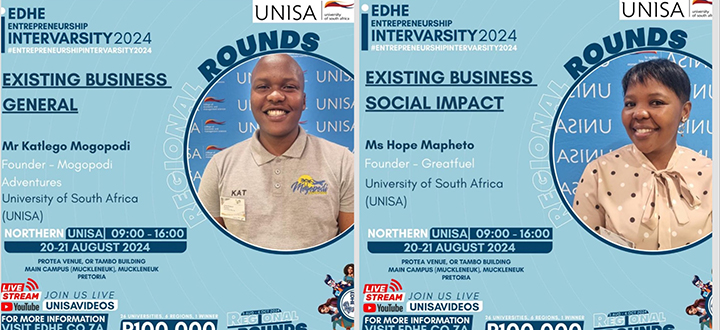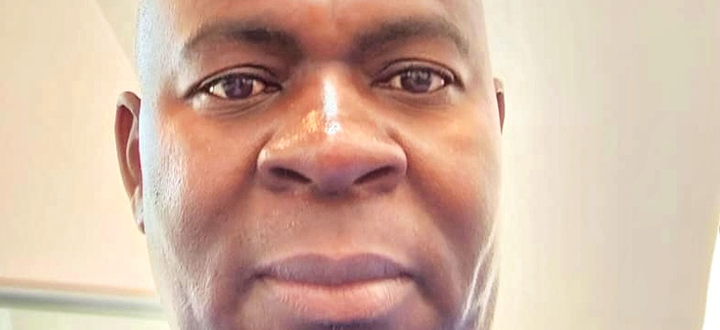College of Science, Engineering & Technology
In search of solutions to societal needs

Dr Lueta-Ann de Kock, Director of the Nanotechnology and Water Sustainability (NanoWS) Research Unit, tells Unisans what makes her tick:
Dr Lueta-Ann de Kock, Director of the Nanotechnology and Water Sustainability (NanoWS) Research Unit, tells Unisans what makes her tick:
What factors influenced you to choose this career path?
The main factor was probably an intense curiosity and a desire to see if the ideas that I have would work and potentially result in a useful product or process.
What kind of education, training, or background does your job require?
In terms of education, a PhD is necessary. But with regard to training and background, exposure to industry and other disciplines has certainly helped me to see the “bigger picture”. This has encouraged me to develop links with industry and academics outside of chemistry.
What do you do? What are the duties/functions/responsibilities of your job?
Aside from the administrative tasks and planning for the unit, I am also focused on forging links with academics (nationally and internationally) and developing the collaborations and hence capacity needed to help move the research carried out at NanoWS from laboratory scale to the stage where we can start larger field scale trials.
What part of this job do you personally find most satisfying?
Seeing staff and students succeed and grow in their careers.
What has been the greatest challenge you have faced in your career to date?
Difficult question. I prefer to view challenges as opportunities for learning and personal development.
What are the major qualifications for success in this occupation?
Dedication, commitment and a passion for learning
What particular skills or talents are essential to be effective in your job?
The ability to see the “bigger picture” while not losing sight of the details. People skills are also vital.
What advice would you offer learners who are interested in pursuing this career path?
Take every opportunity to read, observe and question. Read widely with in your subject but also be curious about other disciplines.
What is the future of the field in terms of new and expanding opportunities?
Greater industrial collaboration and multidisciplinary research teams and projects that will enable projects to deliver solutions to societal needs particularly those in sub-Saharan Africa
What educational preparation would you recommend for someone who wants to advance in this field?
Read as much as you can and take every opportunity to learn and expand on your skills
Who would you say has been the most help in your career? How did they help you?
My supervisors for my master’s and PhD degrees as well as other academics and fellow students. Each one of them has assisted either in guiding me or by pushing me to achieve more.
How can I evaluate whether or not I have the necessary skills for a position such as yours?
Take on research opportunities and new responsibilities (big or small). This enables you to develop the necessary skills and the outcome will enable you to determine whether the necessary skills have been acquired.
Can you suggest some ways a learner could obtain this necessary experience?
As previously stated: Take on challenges and responsibilities.
What exactly does the word ‘success’ mean to you?
For me “success” is defined by the achievements of the researchers with in the unit. If the researchers succeed, then I have succeeded in providing a supportive and enabling environment.
*Compiled by Nkululeko Mpakama
Publish date: 2017-11-20 00:00:00.0


 Cream of the crop – Unisa scientists ranked among the world's top 2%
Cream of the crop – Unisa scientists ranked among the world's top 2%
 Nonkululeko Malomane flies the Unisa flag at FameLab final
Nonkululeko Malomane flies the Unisa flag at FameLab final
 Unisa students claim victory in EDHE Intervarsity Competition
Unisa students claim victory in EDHE Intervarsity Competition
 Unisa AI innovators lead engaging webinar on AI-infused module design
Unisa AI innovators lead engaging webinar on AI-infused module design
 Recognition for Unisan’s journey of decolonising African epistemology
Recognition for Unisan’s journey of decolonising African epistemology
